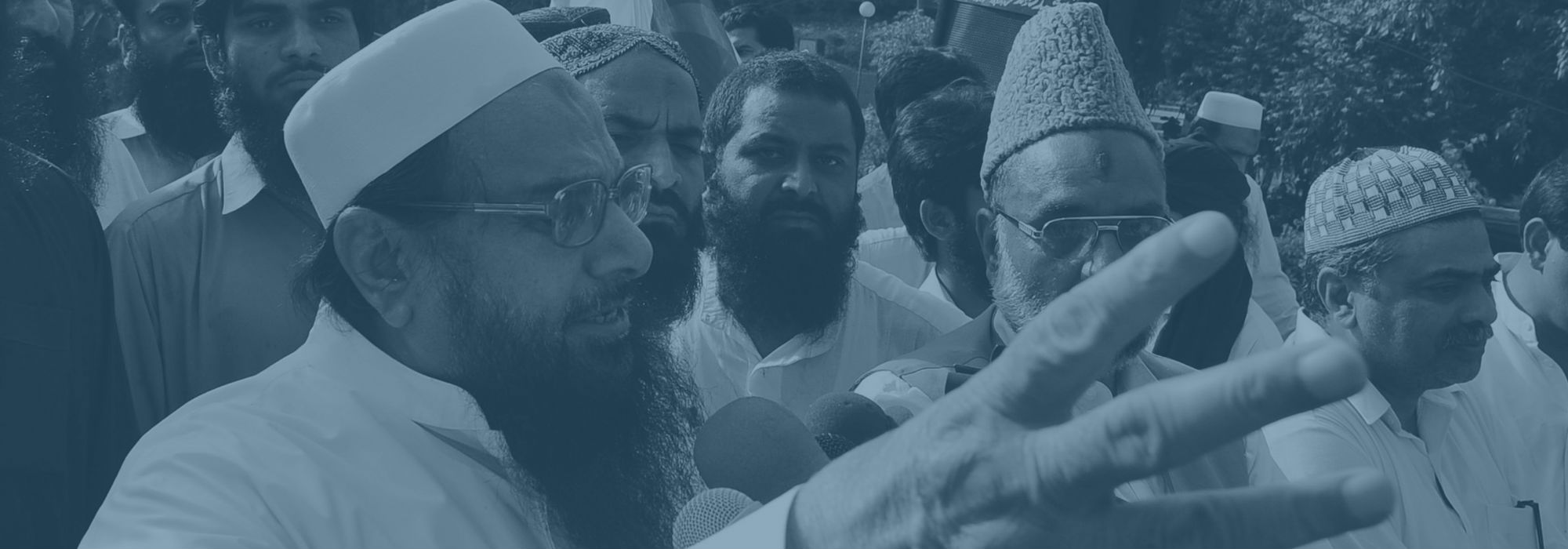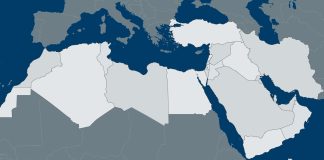By Kamran Bokhari
Incorporating radical Islamist movements into formal political systems may have some benefits in theory. It’s hoped that it will moderate them over time, encouraging them to accept nonviolent methods and non-radical political goals. But the structural limitations in some Muslim countries with prominent radical groups make it unlikely that these groups will adopt such reforms, at least not anytime soon.
Take Pakistan for example. The largest anti-India radical Islamist group in the country, Jamaat ud Dawah, announced the creation of a political party Aug. 7 called the Milli Muslim League. The party’s leader said that JuD’s new political arm had been created to transform Pakistan into an authentic Islamic state. JuD touts itself as a social movement, but its predecessor, Lashkar-e-Taiba, was designated a terrorist organization by the U.S. and India in 2002 following its attack on the Indian parliament. And after its involvement in the 2008 Mumbai attacks, JuD was also declared a terrorist organization. Its leader is currently under house arrest in Pakistan.
In the 1990s, it operated in India as a proxy group of the Pakistani state, a connection that remains but has become murkier since 9/11. While Islamabad wants to combat jihadist insurgents in Pakistan, it also wants to maintain influence over groups that are engaged in India and Afghanistan.

Hafiz Saeed, the founder of Lashkar-e-Taiba, addresses a rally against India and the U.S. in Lahore on May 8, 2012. Arif Ali/AFP/GettyImages
JuD maintains an international terrorist network, but in Pakistan, it has opposed jihadist forces fighting the Pakistani government. And in recent years, the group has established a significant presence in civil society. JuD runs a vast network of charities, schools, hospitals and other social services in Pakistan.
In many ways, forming a political party was the next logical step. It gives the group some legitimacy and allows it to mitigate international efforts to dismantle its organization.
But in addition to avoiding the international crackdown on terrorist groups, JuD has a much bigger agenda: The group now wants to translate the social capital it has built in the past 15 years into political power. It previously refused to participate in politics because it opposed the democratic system, believing it to be un-Islamic. This move has required a shift in its ideological position. Other groups have made a similar compromise – Egypt’s al-Dawah al-Salafiyyah, a nonviolent social movement, has denounced democracy but formed a political party called Hizb al-Dawah in 2011.
Though such groups remain opposed to democracy in theory, they are willing to participate in electoral politics to enhance their influence over the state. Extremist groups thus become incorporated into existing institutions and try to push radical changes from within the system.
But some social scientists have promoted the idea that radical movements will become more moderate if they are included in mainstream politics – a concept called the inclusion-moderation theory. The proponents of this theory point to examples like Marxist and Catholic groups in Europe that went on to become social and Christian democrats.
But transformation is less likely for radical Islamist groups. In Afghanistan, the U.S. has been trying to carry out negotiations with the Taliban. But there is no coherent Afghan political structure into which the Taliban could be incorporated. More important, it’s unrealistic to think that the Taliban will form a political arm that will compete in elections and hold political office while giving up on violence and terrorist activities.
The Taliban are essentially an insurgent movement; they seek power through armed insurrection, so expecting them to drop their weapons and participate in electoral politics is unrealistic.
The Taliban, moreover, have the upper hand in Afghanistan. They have very little incentive to negotiate anytime soon. They can have a far greater impact by staying outside the political system than they would within it. The same is true elsewhere in the region, particularly in Syria. Many, if not most, of the rebel groups that are trying to topple the Syrian regime espouse the Salafist-jihadist ideology. They want to replace the secular, authoritarian Assad regime with an Islamist autocracy.
While mainstream politics in Pakistan is fragmented and Afghanistan is an incoherent state, the political systems in both these countries, particularly Pakistan, are at least democratic and maintain some legitimacy. In Syria, the entire political system is considered illegitimate. Even before the Islamic State and al-Qaida became involved in the Syrian civil war, the uprising that sparked the war was against the autocratic Assad regime. It will be even more difficult, therefore, to get rebel groups to negotiate a power-sharing agreement with the government in Syria. It is unlikely that these groups will be transformed into political parties.
Radical Islamist groups will not be incorporated into mainstream politics because of their ideology and because the political systems in some Muslim countries lack the structure and legitimacy to absorb them into formal politics. They also know that they cannot compete in mainstream politics as they lack the organization and experience. The move toward organized politics and negotiations is therefore often driven by the desire to pursue their radical goals through different means.








